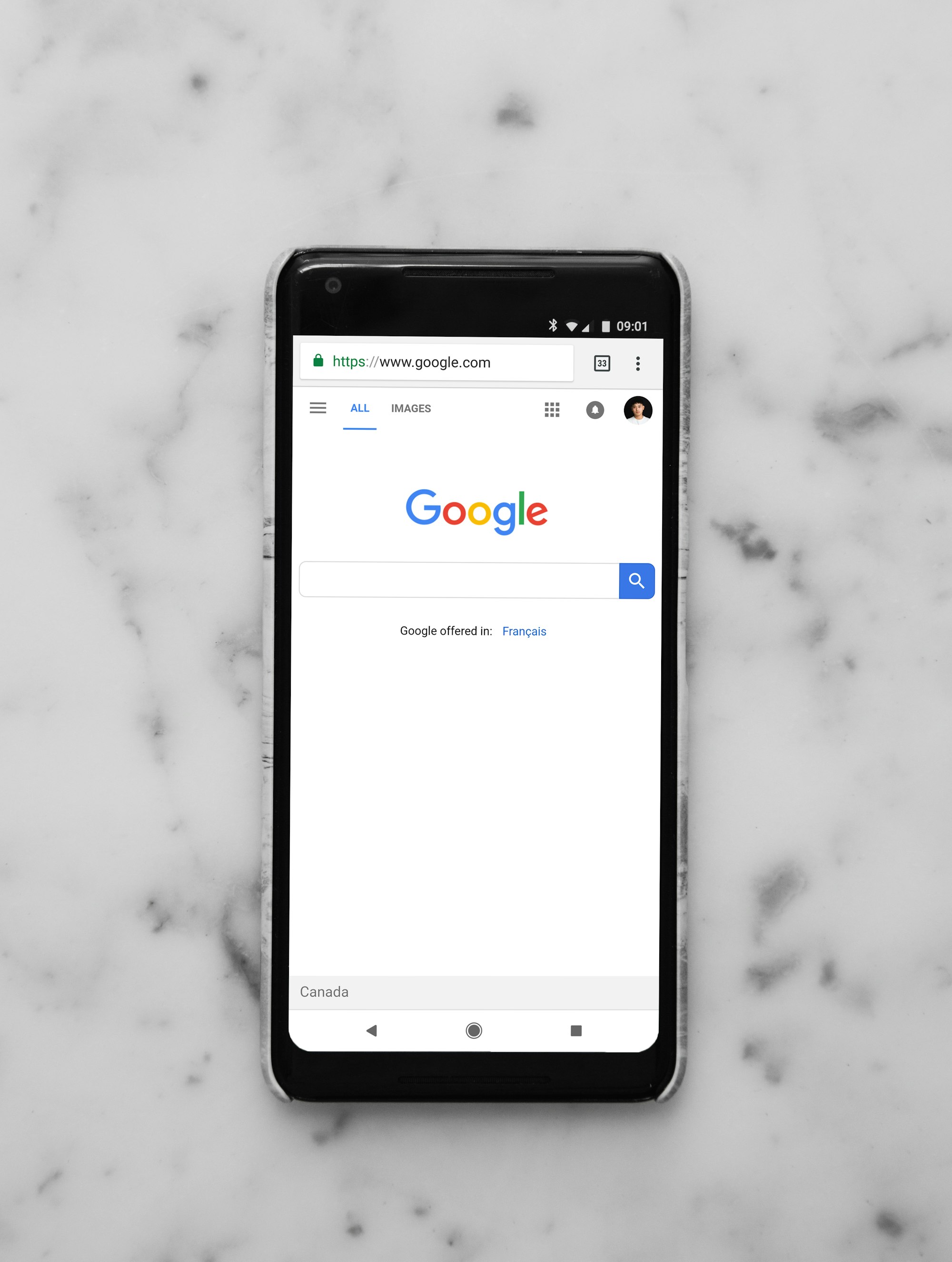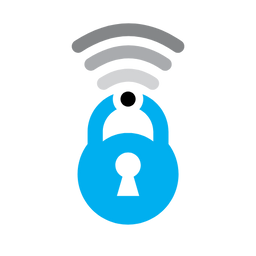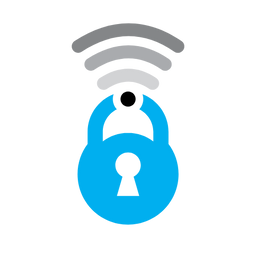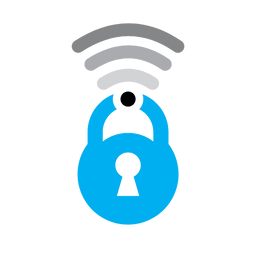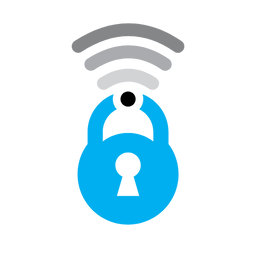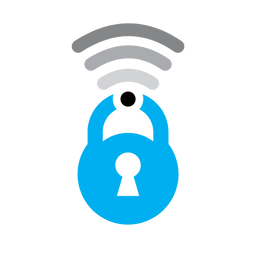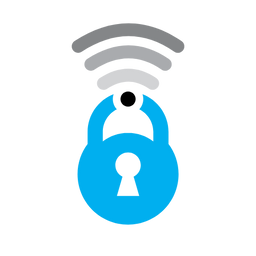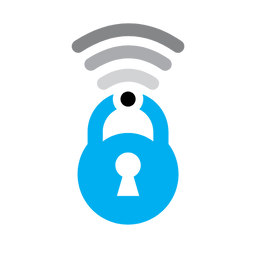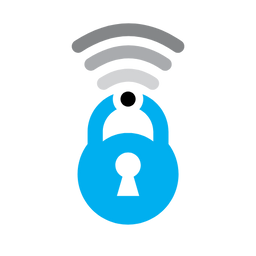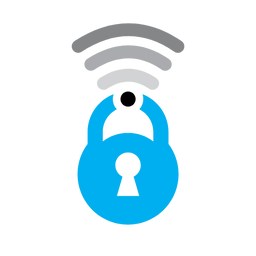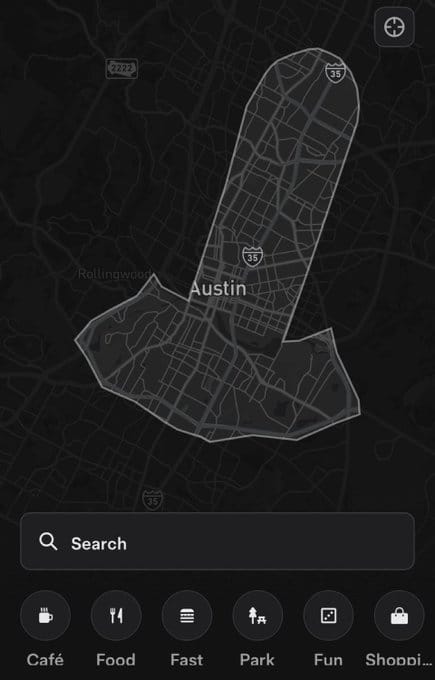Reddit's Digital ID Enforcement: A Gateway to Privacy Erosion and Doxing Risks

The End of Anonymous Discussion
Reddit's recent implementation of mandatory age verification for UK users marks a troubling milestone in the erosion of online privacy and anonymous discourse. Starting 14 July, Reddit introduced a system that forces users to confirm they are over 18 through external verification. Partnering with a company called Persona, Reddit is demanding either a selfie or a government-issued ID, such as a passport, to unlock access to mature content.

This isn't Reddit's choice—it's a forced compliance measure driven by the UK's new censorship law, the Online Safety Act, which threatens platforms with severe financial penalties for non-compliance. Ofcom has made it clear that sites hosting certain material must implement what it calls "robust" age gates or face heavy financial penalties.
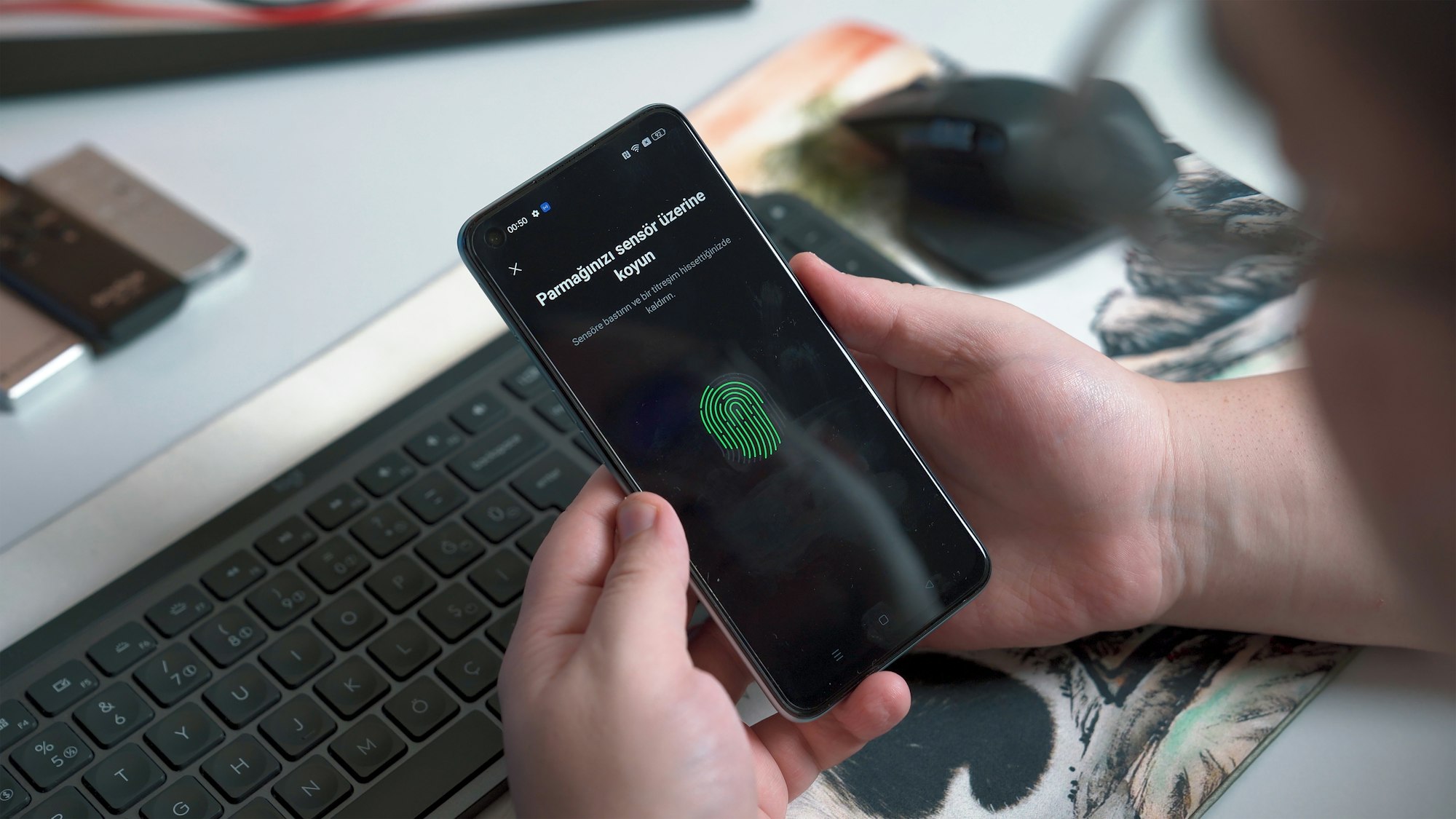
The Surveillance State's Digital Dragnet
The enforcement mechanism reveals the authoritarian nature of this legislation. The full enforcement of the Online Safety Act begins on 25 July, and Ofcom is already signaling that noncompliance could result in fines of up to £18 ($24) million or 10 percent of global revenue, whichever is greater. The regulator has been granted sweeping powers that go far beyond simple fines, including the power to disrupt business operations entirely, potentially forcing ISPs to block sites or pressuring advertisers and payment providers to cut ties with platforms deemed non-compliant.
This creates a chilling effect where platforms must choose between protecting user privacy and facing business-threatening sanctions. The UK government has effectively turned private companies into data collection agents for the state.

Privacy Promises Ring Hollow
While Reddit and its partner Persona offer reassurances about data handling, these promises provide little comfort to privacy advocates. While Reddit claims it will not retain images or full ID documents, it will log a user's verification status and date of birth to allow easier access in the future. Additionally, Persona, according to Reddit, "promises not to retain the picture for longer than seven days" and will supposedly not touch any browsing data on the site.
However, these assurances are fundamentally inadequate. The mere act of requiring government-issued identification creates a permanent digital footprint linking real identities to online activity. Even if the images are deleted, the verification records remain, creating a database of individuals who have accessed "mature content" on the platform.
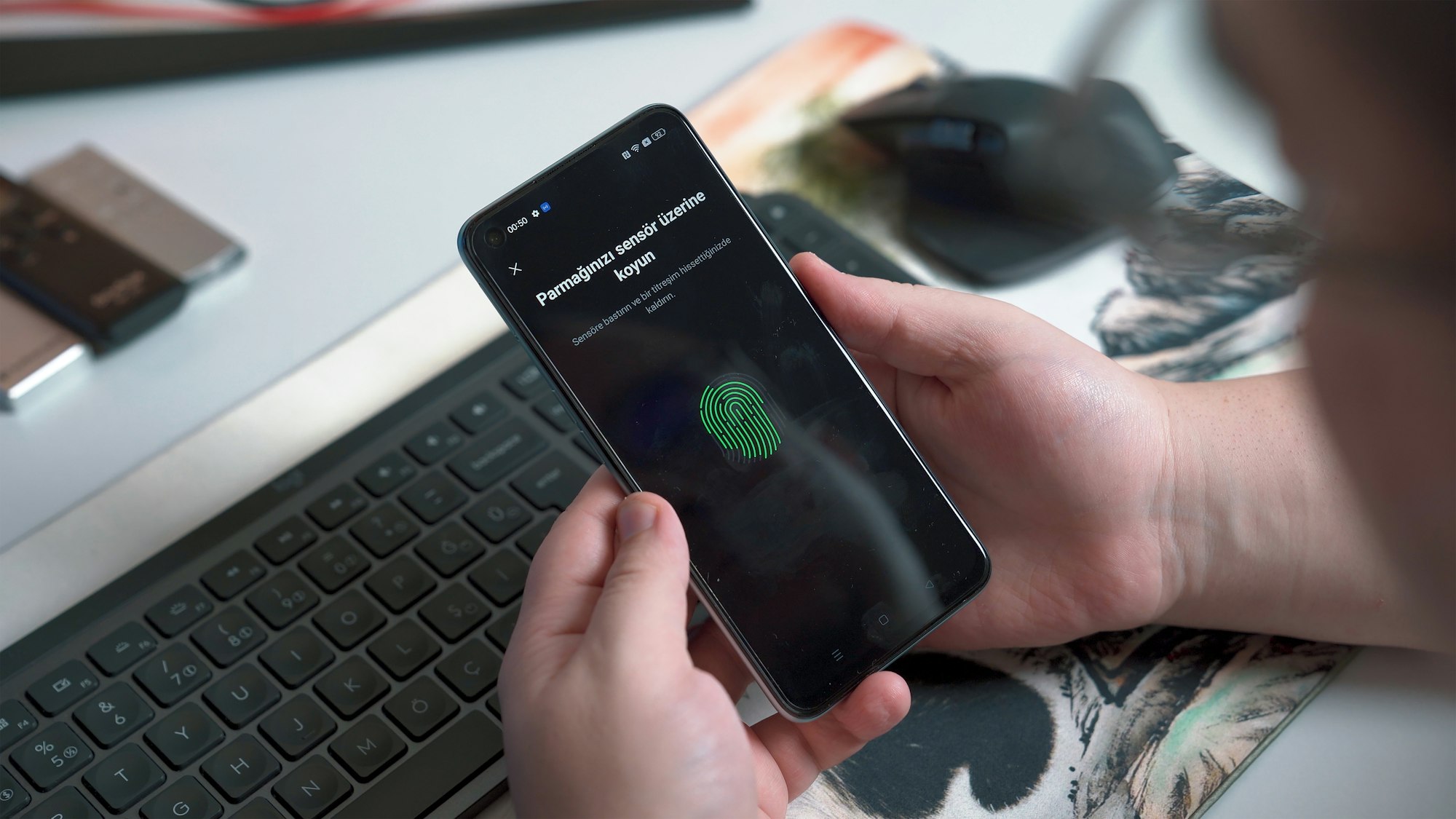
The Centralization Risk
Digital ID systems create what security experts call a "single point of failure." Centralising identity data creates a single point of failure, making the system a prime target for hackers. The more sensitive data stored in one place, the more attractive it becomes to malicious actors. When companies aggregate personal identification data, they create honeypots for cybercriminals seeking to harvest sensitive information for identity theft, fraud, or worse.
The verification process itself introduces additional vulnerabilities. Users must upload government-issued documents or biometric data to third-party services, creating multiple points where this information could be intercepted, stored inappropriately, or breached.

The Doxing Epidemic
Doxing—the malicious publication of private information—has become a pervasive threat in the digital age. Doxing involves malicious targeting, compiling and leaking personal information to perpetrate harassment, identity theft or potential violence against a target. Traditional doxing required significant effort to piece together someone's identity from scattered digital breadcrumbs, but mandatory ID verification eliminates this barrier entirely.
Initially, doxxing was used by hackers to "out" the identities of fellow bad actors/hackers. However, more recently, it has been used to attack users with opposing viewpoints. The political weaponization of doxing has made anonymous online discourse more crucial than ever for protecting vulnerable individuals who express unpopular opinions or challenge powerful interests.

How Digital ID Amplifies Doxing Risks
The implementation of mandatory digital ID verification creates several new pathways for doxing attacks:
Database Breaches
When platforms collect and store identity verification data, they create centralized repositories of personal information. A single breach can expose thousands or millions of users' real identities, linking them to their online activity and statements.

Insider Threats
Employees at verification companies or platforms with access to identity databases could abuse this information for personal gain, political purposes, or to settle personal scores.
Government Surveillance
State actors can compel companies to provide identity information through legal processes, creating opportunities for authoritarian overreach and the persecution of dissidents.
Third-Party Vulnerabilities
The verification process involves multiple parties—Reddit, Persona, and potentially others—each representing a potential point of failure. When creating new accounts, choose a unique username for every service you use. If you reuse handles between sites, a doxxer could connect your accounts and mine them for clues to your identity. Digital ID verification eliminates the protection that unique usernames once provided.
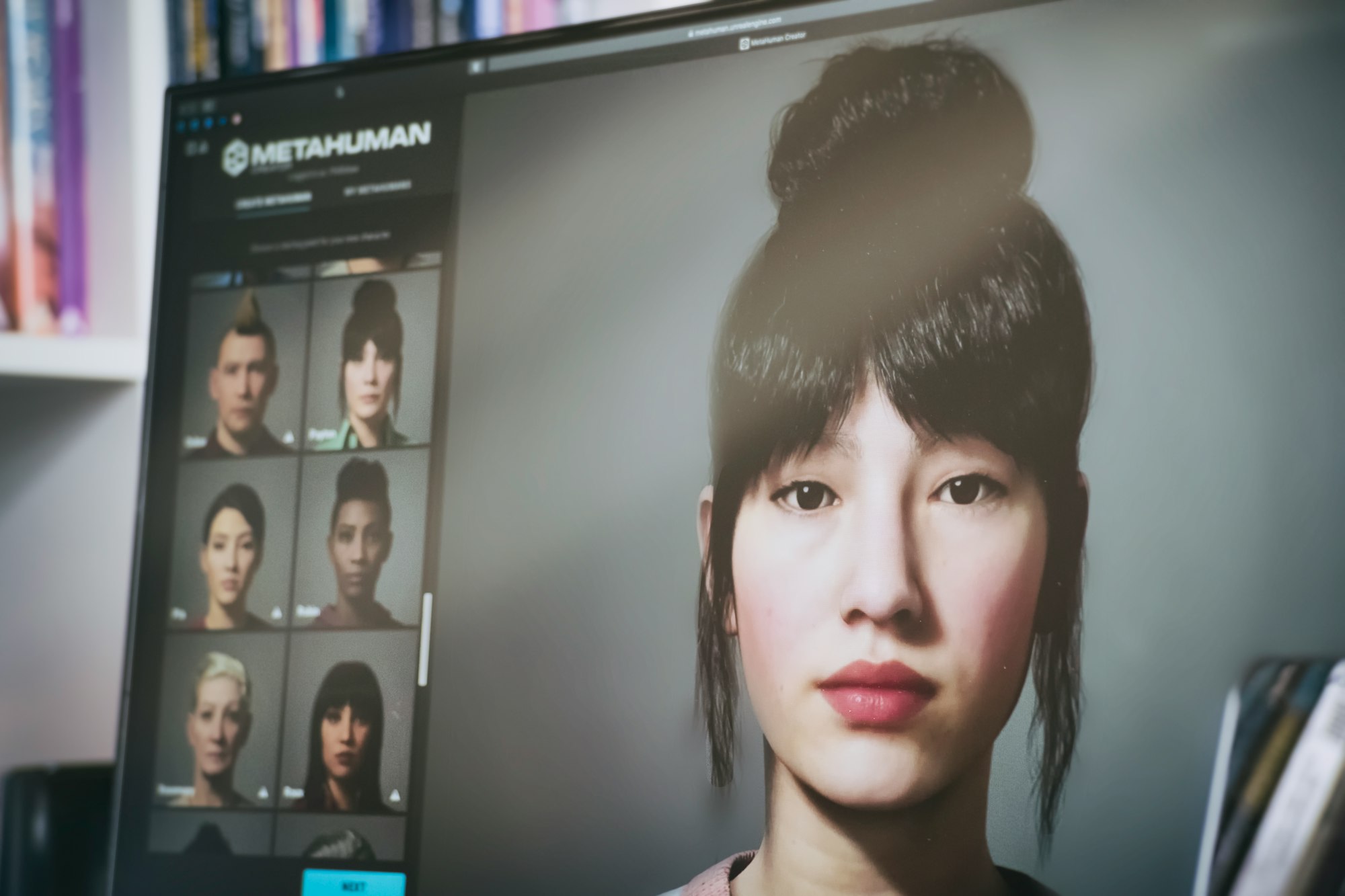
The Broader Pattern of Digital Authoritarianism
The UK's Online Safety Act represents part of a global trend toward digital authoritarianism disguised as child protection. As per the draft guidance published in May 2024, age assurance processes must be technically accurate, robust, reliable, and fair. Acceptable methods include photo-ID matching, facial age estimation, and reusable digital identity services.
These requirements sound reasonable in isolation, but they fundamentally transform the internet from a space of pseudonymous discourse into a surveilled environment where every user's real identity is known to platforms and, by extension, to governments and hackers.
The Child Protection Smokescreen
Proponents of these measures invariably invoke child protection as justification, but the implementation reveals broader ambitions. The state now requires people to hand over personal identification simply to access legal online discussions. This goes far beyond protecting children from harmful content—it's about creating a comprehensive surveillance apparatus that monitors and controls adult online behavior.
The definition of "harmful content" continues to expand, encompassing not just explicit material but potentially any content that authorities deem problematic. This mission creep is predictable and intentional, as governments use child protection as a wedge to implement broader censorship and surveillance powers.
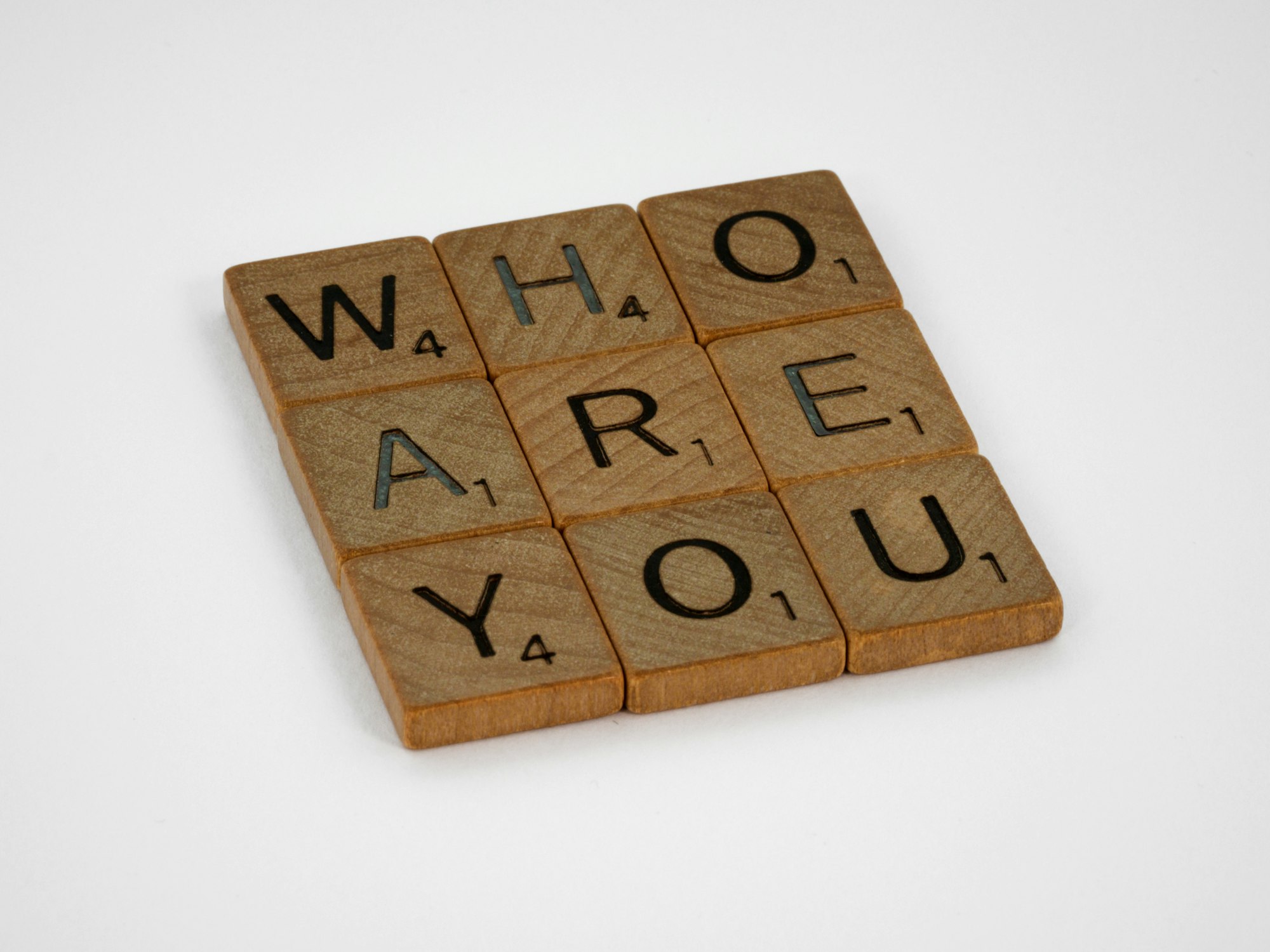
Technical Workarounds and Their Limitations
While VPNs and other privacy tools can circumvent geographic restrictions, they don't address the fundamental problem: the normalization of identity verification as a prerequisite for online participation. As more platforms implement similar requirements, the technical barriers to maintaining online anonymity will increase, and the digital divide will widen.
Users who lack technical sophistication or financial resources to access privacy tools will be forced to submit to surveillance, while those with means and knowledge can continue to participate anonymously. This creates a two-tiered system where privacy becomes a luxury good rather than a fundamental right.
The Slippery Slope to Universal Digital ID
The Reddit implementation is just the beginning. Some websites have stated they will introduce age verification for users in response to the law. These include pornographic websites, but also the social networks Bluesky and Reddit in order to see material classified as adult. As more platforms comply with these requirements, the precedent for mandatory identity verification becomes normalized.
The long-term goal appears to be universal digital identity verification for all online activity. Once this infrastructure is in place, governments can easily expand its scope to cover political speech, financial transactions, and social interactions. The promise of protecting children becomes the foundation for comprehensive digital authoritarianism.

Protecting Yourself in the Digital ID Era
While systemic change is necessary to address these threats, individuals can take steps to protect themselves:
Minimize Digital Footprints
Avoid discussing personal information that could be used against you, as well as anything that can identify your address, workplace or contact information. Be cautious about sharing details that could be used to connect your online and offline identities.
Use Privacy-Focused Platforms
Seek out platforms that prioritize user privacy and resist government pressure to implement invasive verification systems. Support services that offer truly anonymous access without requiring personal identification.
Employ Technical Protections
Use secure wi-fi networks such as eduroam, and/or a trusted Virtual Private Network (VPN) to protect your online activity from surveillance and interception.
Understand the Risks
Doxxing, short for dropping dox or documents, occurs when someone, often a cyberbully or cybercriminal, maliciously publishes personal identifying information about you on the internet without your consent. Understanding these threats is the first step in protecting yourself against them.
The Future of Online Privacy
The Reddit digital ID requirement represents a fundamental shift in how we think about online privacy and freedom of expression. We're witnessing the construction of a digital panopticon where every online interaction is potentially monitored, recorded, and linked to real-world identities.
The implications extend far beyond age verification. When governments can compel platforms to collect and store user identity information, they gain unprecedented power to surveil, censor, and control digital discourse. The anonymity that once allowed whistleblowers, dissidents, and ordinary citizens to speak truth to power is being systematically dismantled.

Conclusion
Reddit's implementation of mandatory digital ID verification for UK users is not an isolated incident but part of a broader assault on online privacy and freedom of expression. Under the guise of protecting children, governments are constructing surveillance infrastructure that threatens the fundamental principles of free speech and anonymous discourse.
The doxing risks associated with these systems are not theoretical—they're inevitable consequences of centralizing identity data and eliminating anonymity. As more platforms comply with similar requirements, the internet will become increasingly hostile to those who dare to express unpopular opinions or challenge powerful interests.
The fight for digital privacy is not just about protecting individual users—it's about preserving the open, anonymous internet that has enabled unprecedented levels of free expression and democratic discourse. If we allow governments to normalize mandatory identity verification, we risk creating a digital world where only the powerful can speak freely, and dissent is systematically suppressed through surveillance and intimidation.
The time to resist these measures is now, before the infrastructure of digital authoritarianism becomes so entrenched that it cannot be dismantled. The future of online freedom depends on our willingness to reject the false choice between safety and privacy, and to demand systems that protect both children and fundamental human rights.
